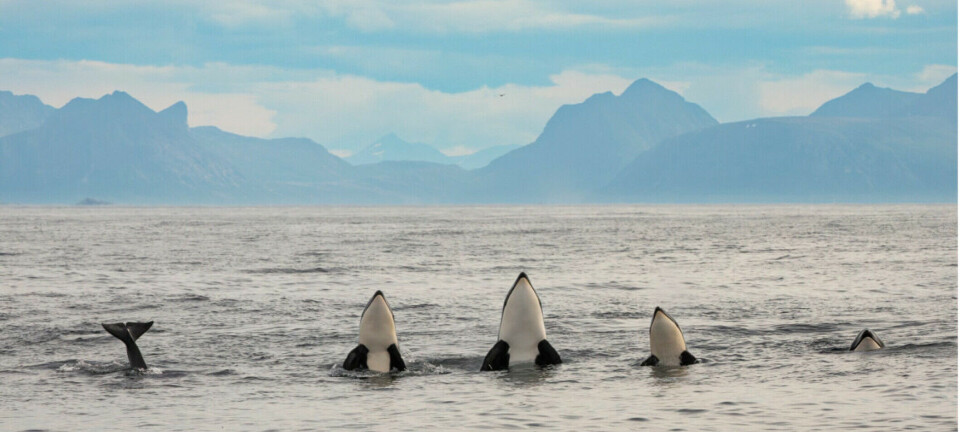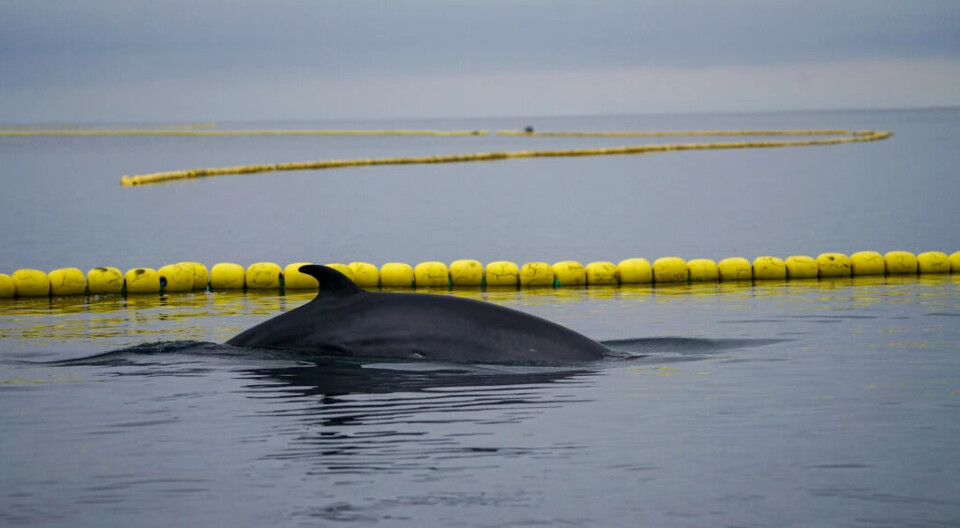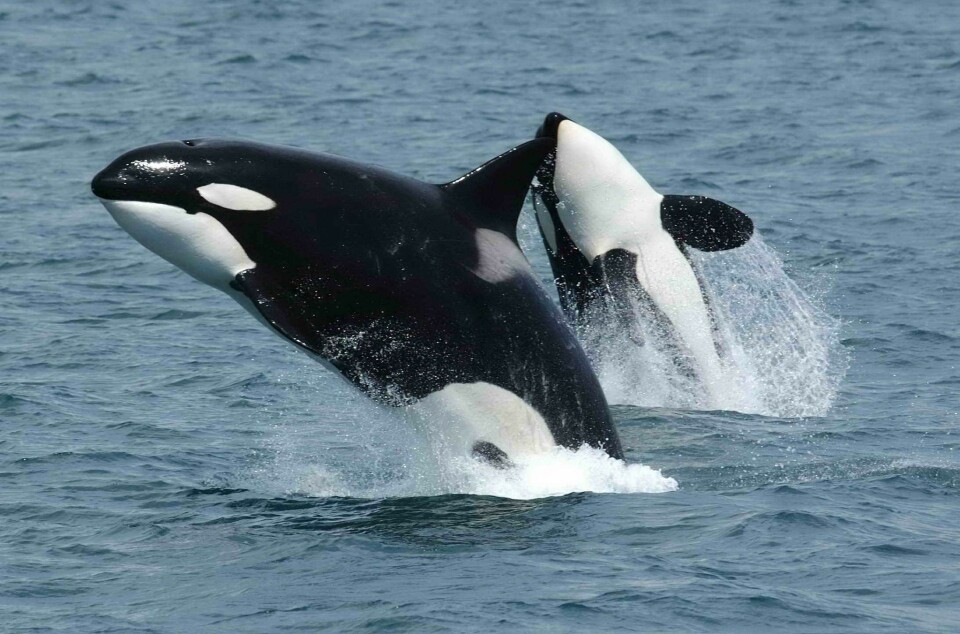
In recent years, orcas have attacked hundreds of boats. Why is that?
Are they out for revenge or just having fun?
Since 2020, orcas have rammed into nearly 700 boats in the waters off Spain and Portugal, according to The Guardian. Sailboats have been particularly affected.
This behaviour was not common here before, and people in other parts of the world have not seen orcas behaving like this.
At least four boats have sunk after being attacked.
Fortunately, no humans have been injured.
But why is this happening? Researchers have some ideas.
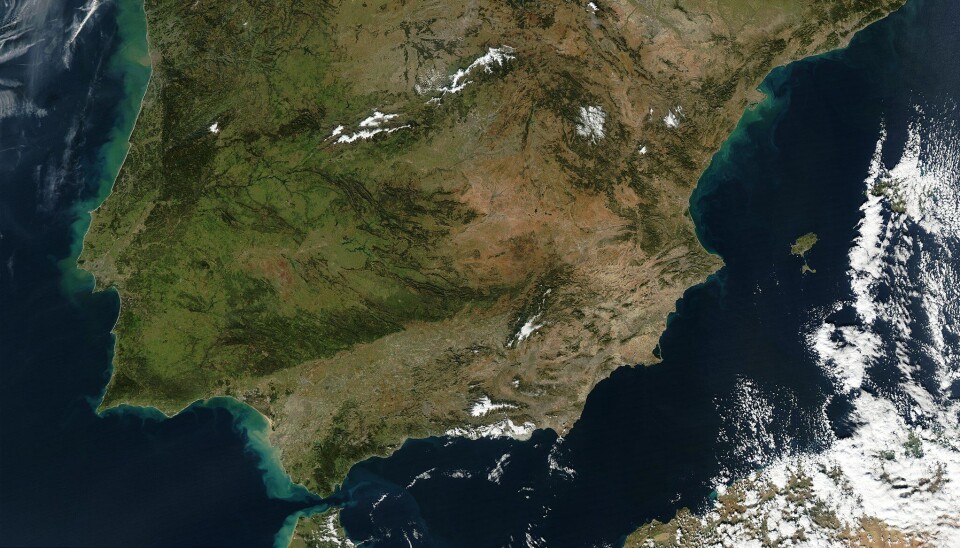
Could the 'attacks' be motivated by revenge?
Perhaps it has to do with an orca named White Gladis, writes The Guardian.
Researchers believe that she may have experienced something that made her dislike boats. Perhaps she collided with a boat and got hurt? Or maybe she got tangled in a net?
This has led researchers to think she may have taught her family to seek revenge and attack boats.
"I think that's nonsense," Eve Jourdain tells sciencenorway.no. She researches orcas at the University of Oslo.
Last year, she and 34 other whale researchers wrote an open letter warning against spreading misinformation about orcas in the media.
In the letter, they write that there is no evidence that orcas are out for revenge against humans. The researchers also express concern that such a narrative might lead people to harm orcas.
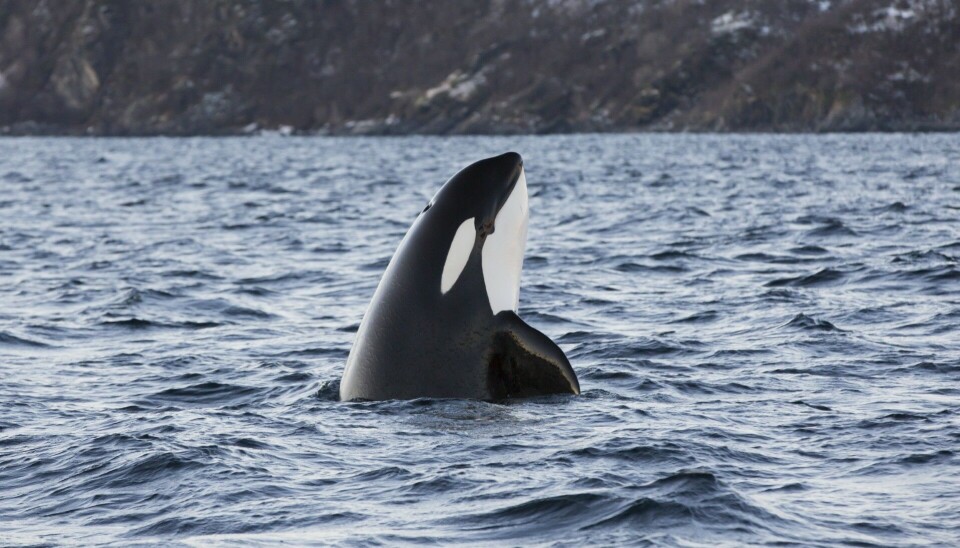
Not attacks
In February, scientists and experts met in Madrid, Spain, to discuss what can be done.
The experts agreed that the orcas were not being aggressive when they came into contact with the boats.
One of the researchers who signed the open letter in 2023 is whale researcher Volker Deecke at the University of Cumbria in England.
He says that underwater videos show orcas remaining calm when they approach boats.
Researchers believe that it looks like the orcas are most interested in the boats' rudders. It does not seem like they are out to sink the boats.
Whale researchers, therefore, believe it is incorrect to call these encounters 'attacks' from orcas.
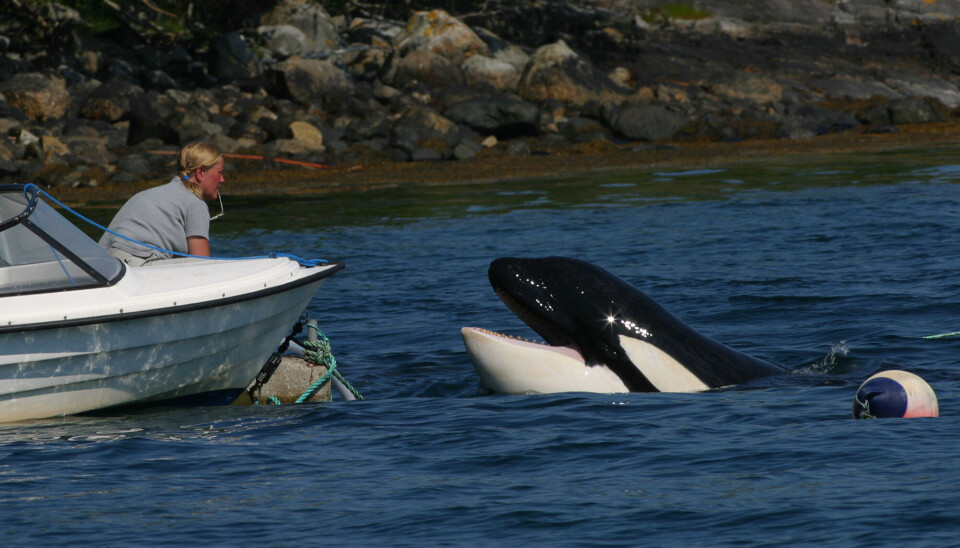
An orca trend?
Jourdain believes the orcas are likely playful, simply curious about the boats and the people onboard.
"Orcas might find it entertaining when people scream and throw things off the boats," she says.
And once they started, it may have become a trend. Orcas are a bit like humans – if one does something that the others enjoy, then the others start to imitate.
Deecke says orcas sometimes create quite strange trends. In the 1980s, orcas in a fjord in the northwest USA started putting dead salmon on their heads instead of eating them immediately.
They kept doing this with increasing frequency for a couple of years before they stopped again, says Deecke.
Howevever, orca trends do not spread very far. This may be because different groups of orcas do not communicate with each other.
Deborah Giles, the science and research director at Wild Orca, told The Washington Post: "They don't speak the same language."
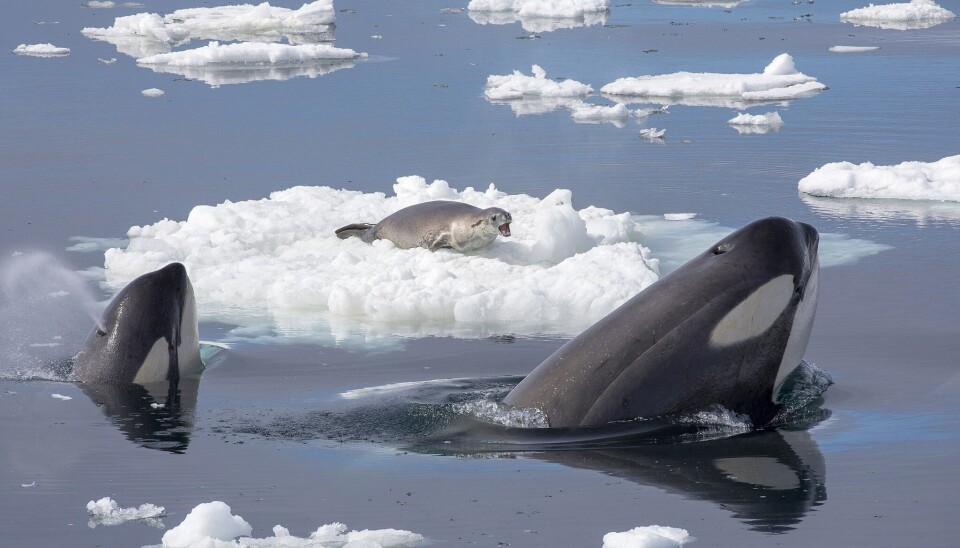
Are orcas dangerous to humans?
There is no evidence that humans have ever been killed by wild orcas.
In 2005, a 12-year-old boy encountered an orca at the water's edge in Seattle, USA. The large orca swam towards the boy and barely touched him but did not bite.
Orcas tend to stay away from us.
According to Jourdain, this may be because they are very picky eaters.
They go for prey with a lot of fat on their bodies. They prefer fish, other whales, seals, sea lions, squids, and penguins. Sometimes they even eat great white sharks.
Jourdain says humans are nowhere near what orcas consider food.
Deecke says that there is little chance that orcas will develop a taste for humans.
"Humans are probably not rewarding prey. We may be too lean to make it worth the effort," Deecke tells sciencenorway.no.
———
Translated by Alette Bjordal Gjellesvik
Read the Norwegian version of this article on ung.forskning.no
Reference:
Workshop on Iberian orcas and vessels: Interactions between Iberian killer whales and vessels: management recommendations
Related content:

Subscribe to our newsletter
The latest news from Science Norway, sent twice a week and completely free.












